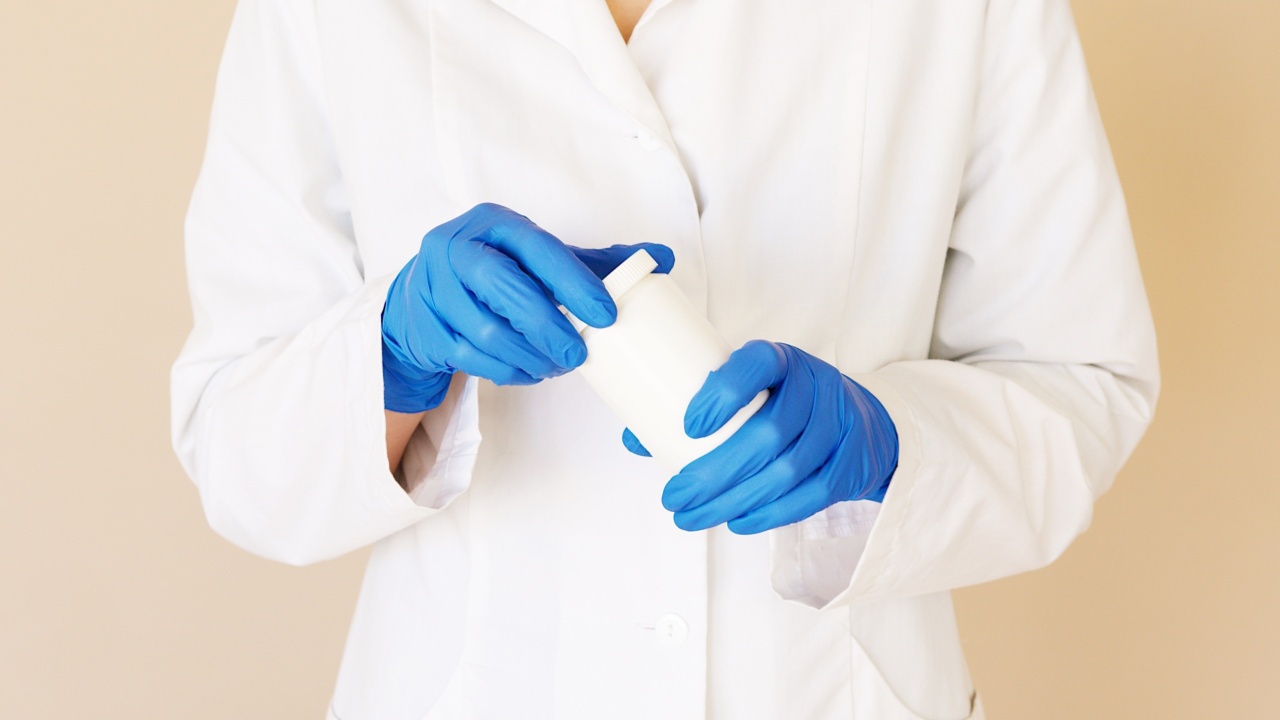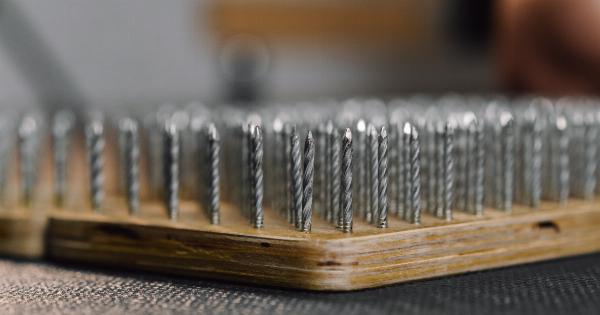In recent years, the technology of freezing eggs has emerged as a potential solution for women who wish to delay motherhood.
This scientific breakthrough has opened up new possibilities for women to preserve their fertility and increase the chances of successfully conceiving in the future. In this article, we will delve into the science behind freezing eggs and explore its potential benefits and limitations in helping women become mothers.
Understanding the process of egg freezing
Egg freezing, also known as oocyte cryopreservation, involves extracting a woman’s eggs and freezing them to be used at a later time.
The process typically starts with ovarian stimulation, where the woman undergoes hormonal treatment to stimulate egg production. This ensures that multiple eggs are available for retrieval, as not all eggs may survive the thawing process.
Once the eggs have matured, they are retrieved using a minimally invasive procedure known as transvaginal ultrasound aspiration. A needle is inserted into the ovaries, and the eggs are gently suctioned out.
These eggs are then flash-frozen using a technique called vitrification. Vitrification involves rapidly cooling the eggs to prevent the formation of ice crystals, which could damage the delicate structure of the eggs.
After the eggs have been frozen, they are stored in a specialized facility called a cryobank.
These cryobanks use the latest technology to maintain the eggs at extremely low temperatures, typically around -196 degrees Celsius, to ensure their long-term preservation.
The benefits of egg freezing
Egg freezing offers several benefits for women who wish to delay motherhood. One of the primary advantages is that it allows women to preserve their fertility while they focus on pursuing their careers, education, or other personal goals.
By freezing their eggs at a young age, women can increase their chances of conceiving later in life when natural fertility declines.
Additionally, egg freezing can be beneficial for women who are facing medical conditions or treatments that may harm their fertility.
For example, women undergoing chemotherapy or radiation therapy for cancer may choose to freeze their eggs before treatment to safeguard their future fertility. Similarly, women with certain genetic conditions that can impact fertility may opt for egg freezing as a way to preserve their genetic material.
Moreover, egg freezing can provide emotional relief and peace of mind for women who are concerned about future infertility issues.
By taking proactive steps to preserve their fertility, women can alleviate the stress and anxiety associated with the ticking biological clock.
The limitations and considerations
While egg freezing offers promising prospects, it is essential to understand its limitations and the factors that can impact its success rate. Firstly, not all frozen eggs survive the thawing process.
The survival rate depends on various factors, including the quality of the eggs and the expertise of the laboratory performing the procedures. It is crucial to choose a reputable cryobank with an excellent track record to ensure the best chances of success.
Another consideration is the age at which the eggs are frozen. Younger eggs tend to have a higher success rate during thawing and fertilization.
As a woman ages, the quality of her eggs may decrease, leading to decreased chances of a successful pregnancy even with frozen eggs. Therefore, it is generally recommended to freeze eggs before the age of 35 for optimal outcomes.
The number of eggs frozen also plays a significant role in the success of the procedure. Typically, a larger number of frozen eggs increases the chances of successful fertilization and pregnancy.
It is important to consult with a fertility specialist to determine the appropriate number of eggs to freeze based on individual circumstances.
The evolving landscape of egg freezing
Advancements in reproductive technology continue to improve the success rates of egg freezing. The introduction of vitrification has significantly enhanced the survival rates of frozen eggs, making the process more reliable and effective.
Ongoing research aims to further refine the techniques and optimize outcomes for women who choose to freeze their eggs.
Furthermore, social and cultural attitudes towards egg freezing have evolved, with increased acceptance and support.
Many companies now offer egg freezing as part of their employee benefits package, recognizing the importance of reproductive autonomy and family planning for women.
It is important to note that while egg freezing can increase the chances of becoming a mother, it does not guarantee a successful pregnancy.
Factors such as overall health, the quality of sperm used for fertilization, and the woman’s age at the time of conception also play critical roles in determining the chances of a successful pregnancy.
Conclusion
The science of freezing eggs has revolutionized the field of reproductive medicine and provided new opportunities for women to control their fertility timeline.
By preserving their eggs at a younger age, women can increase their chances of becoming mothers in the future, even if they choose to delay starting a family. Egg freezing offers hope for women facing medical challenges, genetic conditions, or those who simply wish to have more control over their reproductive choices.
However, it is crucial to approach egg freezing with realistic expectations and be aware of the potential limitations and factors that can impact the success of the procedure.
Consulting with a fertility specialist can provide personalized guidance and support, ensuring the best possible outcomes for those considering egg freezing.






























